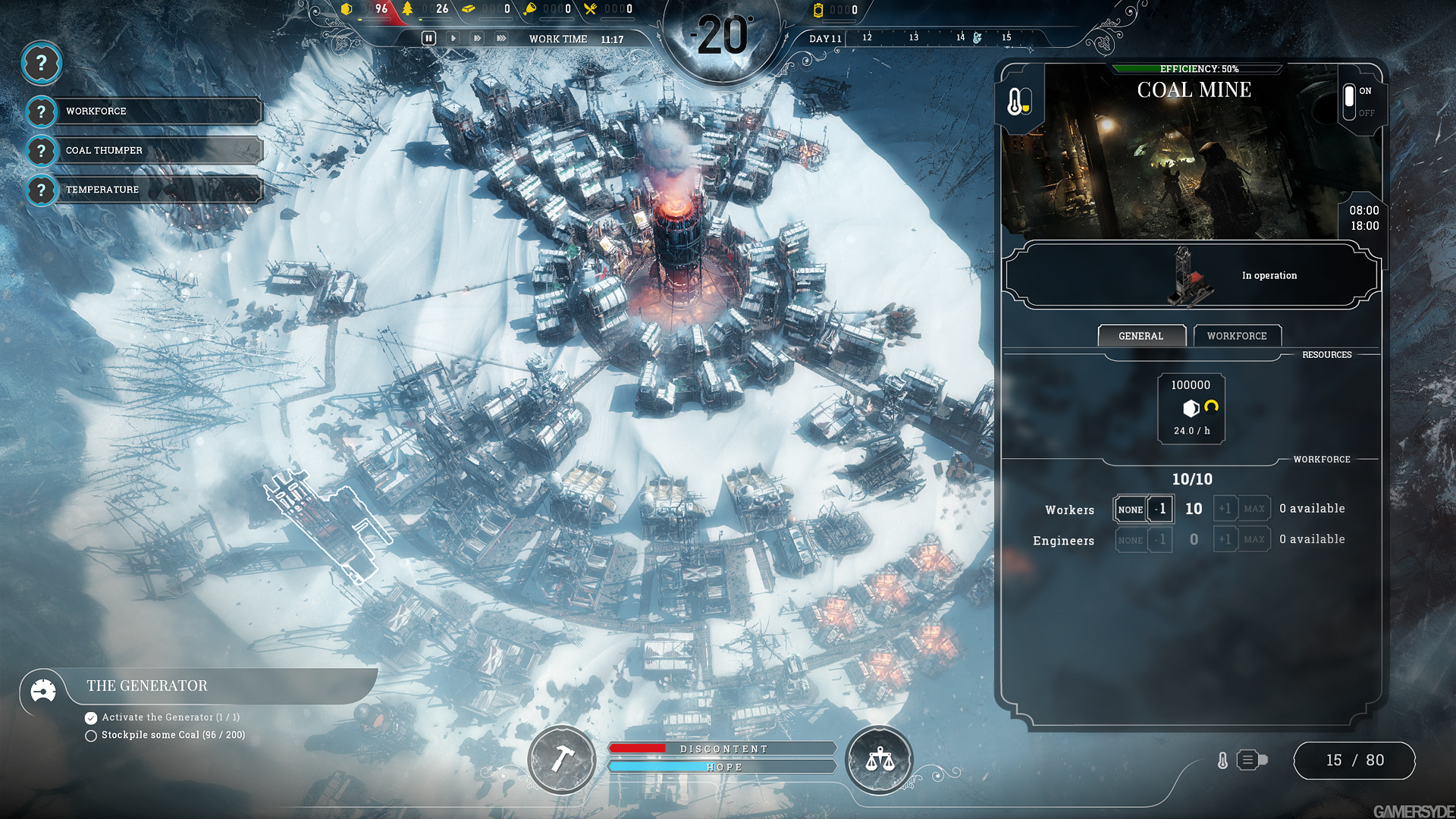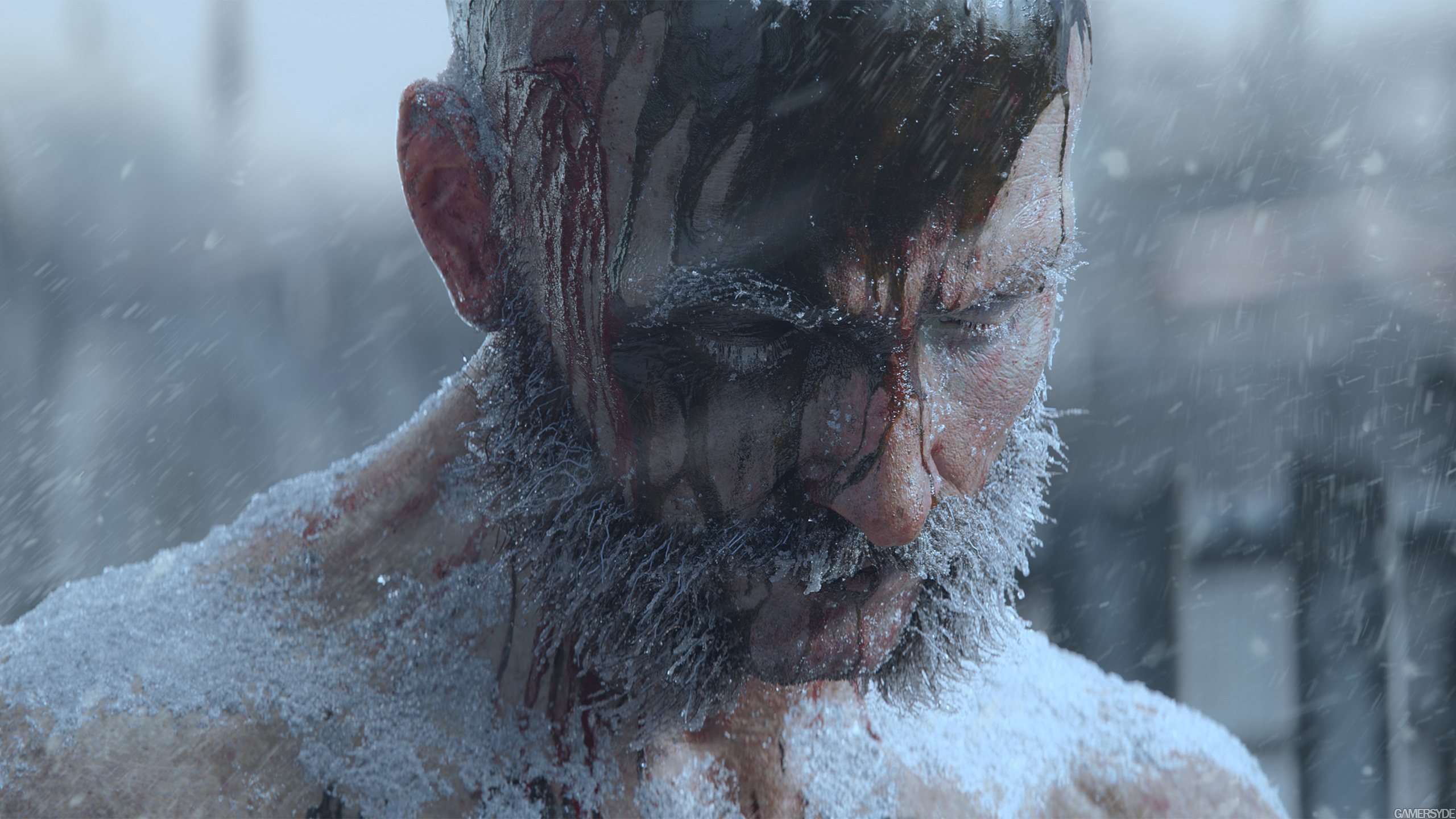

Floodland’s surroundings might be auto-generated for replayability, but you’ll always be offered the chance to team up with another group and welcome them into your community. These decisions are compounded when clans join forces. Go against their wishes too often and you risk riling them up to the point of thievery and striking. Periodic choices are paramount for managing your clan’s unrest level in Floodland. When someone drops dead of starvation or disease, the Good Neighbours will urge you to consult their family on what to do, while the pragmatic former oil workers of Berkut-3 will want to take and study the deceased. These traits establish some of the roadblocks you’ll face further on into Floodland. The Good Neighbours are hard-working suburban survivors with very “traditional” American values for example, while the Fire Brigade are a more liberal colony valuing personal growth and freedom above community. You can take charge of one of four groups, each with its own statistical bonuses and predetermined worldviews.

The focus is how people come together - or not - in the wake of disaster and if they can put aside their differences and personal values. It isn’t about navigating a world-ending crisis, but picking up the pieces in the aftermath of said crisis. The game takes a much more personal approach with how you interect with its survivors than other city builders. To accomplish that they’ve turned to you, some omnipotent God-like being looking down from above.


 0 kommentar(er)
0 kommentar(er)
